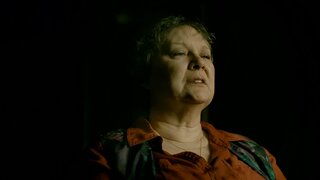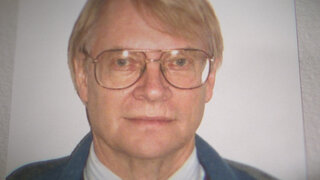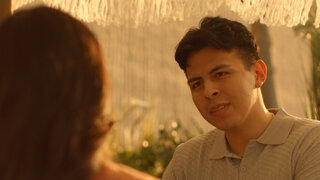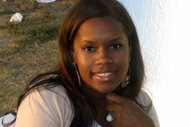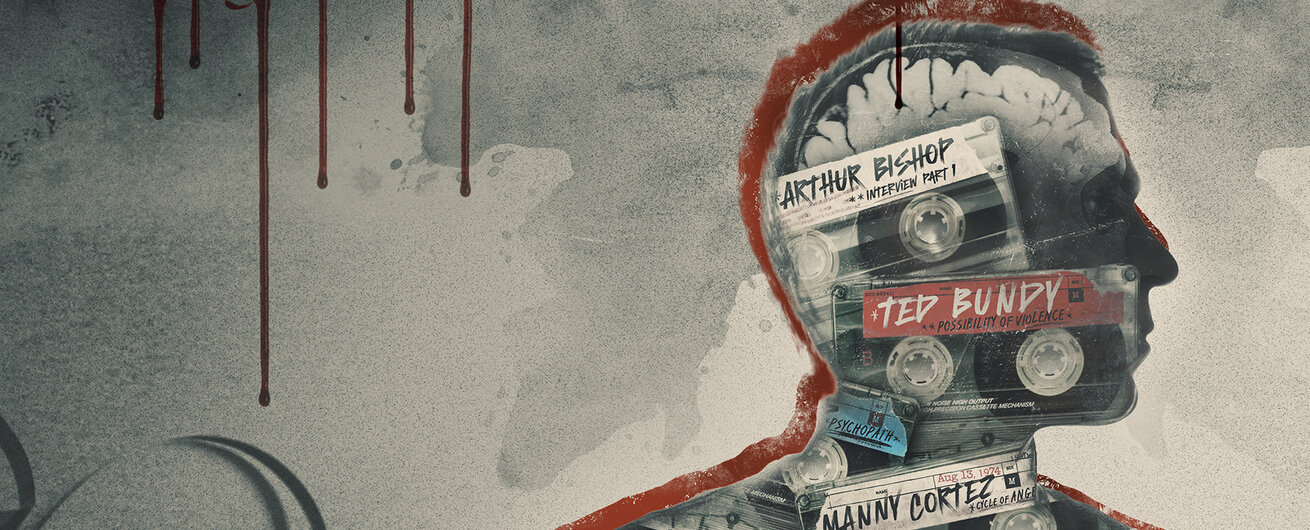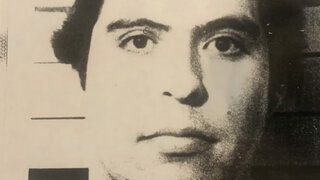How One Vietnam Vet Trained To Kill In War Kept Killing Back At Home
"Danny" was trained to kill as a marine in the Vietnam war, but as the veteran would tell psychologist Al Carlisle, that killing instinct never left him.
“Danny” was trained to kill by the military, but after the Vietnam War, he couldn’t turn off his killer instinct.
Using a pseudonym, “Danny” confessed to killing at least 13 people – including a young boy who was caught in the wrong place at the wrong time – during discussions with Utah prison psychologist Al Carlisle, whose prison conversations are the focus of Oxygen's “Violent Minds: Killers on Tape.”
The chilling confessions and Danny’s description of leaving the military to become a hitman for a violent biker gang gave Carlisle a greater understanding of the impact of post-traumatic stress disorder. His studies led to him writing the book “The Broken Samurai.”
“In order to help people with PTSD, you have to understand it, and so, this book was partly to help people who have never experienced this understand PTSD,” Carlisle’s daughter Charlene Harmon said.
After seeing an increasing number of military veterans behind bars at the Utah State Prison in the 1980s, Carlisle became fascinated with trying to understand the impact of war on the soldiers who fought in the front lines and eventually began working with Danny in the late 1980s.
The former marine was in prison for theft, but he admitted much more sinister deeds to Carlisle, agreeing to speak to the psychologist only if he was able to conceal names and defining details of the unsolved crimes.
“While it’s relatively uncommon for a combat veteran to engage in a life of crime after returning from war, some do,” Carlisle would later write.
Although Danny admitted to being “angry” that his family was poor growing up, he said he was not a violent person until he landed on the frontlines of the Vietnam War in January of 1968. His unit was tasked with guarding the landing strip at Khe Sanh and soon became entrenched in a violent and deadly three-month battle for control of the area.
“It was the longest battle. It was the deadliest battle, most casualties on our side, most casualties on their side,” Marine veteran Peter Brush recalled. “The most unpleasant three months of my life.”
In contrast, Danny remembered feeling pleased after making his first combat kill.
“Everybody was happy. I was really exhilarated,” he told Carlisle in recordings from the session. “This is what I was supposed to be doing. And I felt great about it.”
The real turning point in his life came, however, when his best friend was killed in battle.
“A bullet had hit a landmine and Philippe was still out there. I heard him scream and I knew he had been hit, but I couldn’t move,” Danny recalled. “He screamed for me, and I couldn’t go to him. I’m sure it took only a few minutes for him to die, but it seemed to take forever. He had risked his life to save my life and now I couldn’t do anything to save him.”
Danny told Carlisle Philippe’s death made him “really agitated,” “angry” and “afraid,” but it also numbed something inside him.
“After he died, I transferred that loyalty then to the people in my squad. It was like, they were like, the most important thing,” Danny said. “Nothing else mattered outside of that. And we were in a lot of action, my outfit was, at the time.”
For most of his life Danny had been intrigued by stories about Japanese samurai, as well as King Arthur and his knights of the round table, and he began to believe overseas that he was embracing a similar sort of internal honor code.
“Danny was speaking of his version of the samurai, and he told me killing is not wrong, it’s who you kill and how you kill and why you kill,” Carlisle would later write. “His distorted interpretation of the samurai code allowed him to feel justified in his criminal activities in spite of believing himself to be bound by honor, justice and loyalty.”
In battle, Danny killed at least 12 North Vietnamese soldiers, but also carried out what he described as six murders after finding men hiding among the dead after a violent battle.
“They were wounded, so I just walked up to them and then shot them,” he told Carlisle. “As they were kneeling, each guy, I shot him with a pistol one time in the back of his head.”
Danny said he felt the killings were “a sort of payback” for the death of his friend. “It was like I was cleansing myself somehow or something,” he said.
When his tour ended, Danny headed back home but he found he returned to a country where many stood vehemently opposed to the war, protested the fighting and even, in some cases, turned their rage against the soldiers returning home.
“Danny felt he had been deceived by the government, abandoned by his family and was unwanted by nearly everyone. He had developed a combat personality to survive the war, but it was out of place now,” Carlisle wrote. “He was a samurai warrior in an environment where there was no need for one."
The effect of the war on Danny had been “utter and absolute” and he found himself turning to drugs. Eventually, he sought a new type of brotherhood by joining a motorcycle gang.
Unable to sleep, Danny began roaming the streets at night and in one moment of uncontrolled rage, attacked a man on the street.
“I just pulled my pistol out and, boom, hit him across the face and took his wallet,” he said. “Even though I didn’t need the money.”
Carlisle believed Danny struggled from post-traumatic stress disorder, causing him to turn to aggression and violence in the wake of being unable to process his emotions or past trauma.
“Aggression had been Danny’s means for physical and emotional survival since he first went to Vietnam. It kept him alive over there and he continued using the aggression after he got home,” he wrote.
Danny became head of security in the biker club and soon began carrying out murders on behalf of his new band of brothers. He told Carlisle his first kill back on U.S. soil came after a guy planned to take off with the gang’s money without handing over the drugs they were owed.
Danny hid inside a doorway and waited for the man to step inside, then killed him with a shotgun to the back of the head. In the weeks that would follow, Danny slipped deeper into a world of robberies and heavy drugs.
“I fantasized almost constantly, day time, night time. I can be anywhere and think of the strangest scenarios for murder,” Danny told Carlisle of his growing appetite for violence. ”I think it was not so much the excitement in the beginning but the peace afterwards. It's better than any narcotic.”
Danny also felt no sense of guilt for the killings, believing once again that he was acting within some moral code within his mind, arguing that almost all adults were guilty of one thing or another.
“We were all soldiers in this thing, you know? We’re in this game. I didn’t kill anybody that wasn’t somehow connected to us or the cocaine trade in one way or another,” he explained to Carlisle, adding that he felt he was capable of making decisions of “who to kill and who not to kill.”
But there was one clear exception. Danny chillingly recounted how he chased down a young boy and killed him in an alley after he suspected he may have seen him killing the leader of a rival gang.
“I automatically chased him,” Danny said. “And once I started chasing him it wasn’t like I thought ‘wow, this is a grown-up person.’ You know, I knew it was a kid.”
The boy’s death continued to haunt Danny years later – even after leaving the biker club a few months after the boy’s death – because he felt it was an “absolute betrayal of everything” he had been trying to adhere to as part of his internal code.
“I have to pay for that one,” he told Carlisle.
Carlisle concluded that despite the killings, Danny wasn’t a psychopath and had instead buckled under the intense trauma he had experienced.
“The term trauma doesn’t begin to address the damage done to Danny’s mind and body,” he later wrote. “The war stole his humanity.”
Danny was never charged in connection with any homicides. After being released from prison for theft, he died of a stroke at the age of 48.
To see more of Dr. Carlisle's interviews, watch "Violent Minds: Killers on Tape" on Oxygen.

